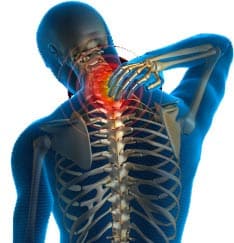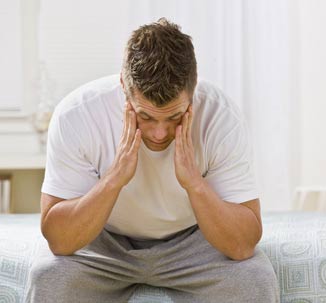The Value of Physical Fitness
Exercise is not only important to strengthening your physical health, it also improves mood, sleep, sexual function, and brain cognitive ability. As you age, inactivity can lead to osteoporosis and decreased muscle mass. Proper exercise can improve your muscle tone and bone mass, lower your body fat and boost your energy.
A long-term investment in a little exercise each day can reap the benefits of increased productivity and happiness. Other benefits are prolonged life, reduced disease risk, increased fat metabolism, better memory, heightened libido, and improved athletic speed and performance. But you don’t have to train like an athlete, just be consistently active and do what is right for your body.
Exercise Definition
We can move our bodies in many ways. The dictionary definition of exercise is a bodily or mental exertion, especially for the sake of training or improvement of health. While exertion is important, simply standing up from your computer every 15 minutes is vitally important exercise.
The key is what type of exercise do you enjoy? If running on a treadmill bores your to death, then perhaps walking outside with a friend or swimming will keep you regular. Maybe stretching, Yoga, Zumba, Pilates, Core or strength training is your thing. Your age, current health, likings and abilities determine what is appropriate and will evolve over time. A guide could be a personal trainer, videos, books, or your doctor. Just keep moving.
Fitness Definition
Going back to the dictionary, “fitness in medicine” is the state if being physically sound and healthy, especially as the result of exercise and proper nutrition. Two other definitions: 1) a state of mental and physical well-being and 2) the state of being suitably adapted to an environment notably do not mention exercise. Holistically speaking, exercise is as vital to health and wellbeing as nutrition, detoxification, communication, and environment.
How would you rate your fitness?
Safe Exercising
Everybody is different and reacts to exercise in a unique way. While we have reviewed the problems of sitting and lack of exercise, too much or the wrong exercise can wreak havoc on your health. Injuries such as muscle strain, painful joints, back pain, or stress fractures can keep you from further exercising.
Too little exercise and you won’t get much health benefit. Strenuous or over exercising can be bad for the heart. High intensity cardio can lead to heart enlargement and heart failure. You may need to cut back on your exercise and allow your body to recover if you have the following symptoms:



